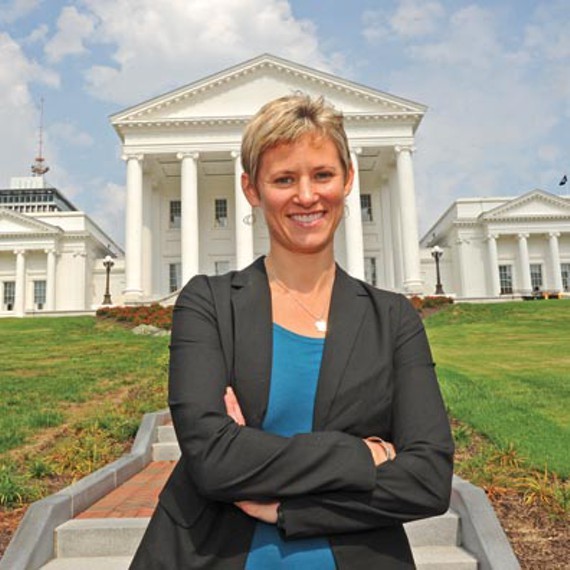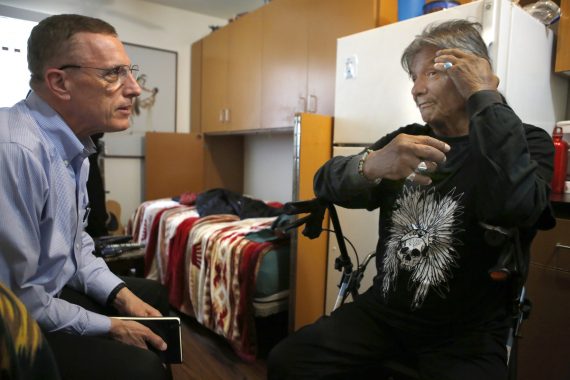
I want to thank everyone, once again, for your kind words of support about my appointment last week to a congressional advisory committee. Our first meeting will be next week and I will keep you informed of our progress. Meanwhile:
(8-21-17) Mira Signer and Virgil Stucker, two highly-respected mental health advocates, have moved to new careers.
After working for a decade at the National Alliance on Mental Illness of Virginia, Mira has resigned as executive director to become the System of Care Director for Magellan Health of Virginia.
Magellan Health of Virginia has the state’s contract to provide behavioral health services for those on Medicaid and also on children’s assisted health insurance.
During her tenure, Mira was a much needed strong, relentless and fearless voice. Most recently, she was responsible for boldly protesting about the death of Jamycheal Mitchell, who literally starved in the Hampton Roads Regional Jail. It was Mira who helped organize a letter from advocacy groups that asked the U.S. Justice Department to investigate Mitchell’s death after the disAbility Law Center, the state Inspector General, and the Virginia Attorney General shamefully ducked their duties.
In an email about the career change, Mira wrote:
“I wasn’t expecting it but the opportunity arose and while it was an extremely tough decision given my love for the work, I felt it was a great opportunity to learn and be challenged in new ways, to bring my voice and experiences into the managed care world and work within systems to educate and guide policy decisions to make a positive difference.”
She will be sorely missed.







